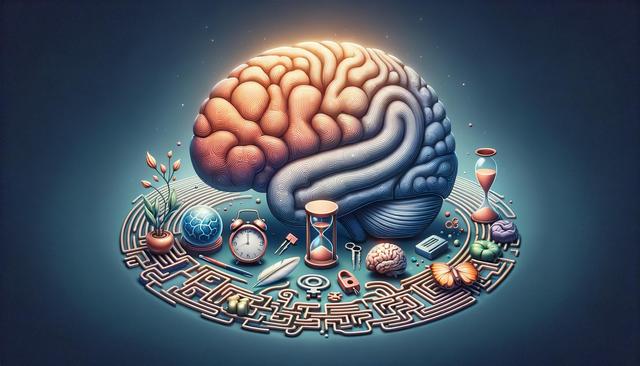Early Signs of Dementia: Key Indicators and Tests

Understanding Dementia and Its Early Manifestations
Dementia is a broad term that describes a decline in cognitive function severe enough to interfere with daily life. While it can affect anyone, the early signs may differ between men and women due to biological, psychological, and social factors. Identifying these early indicators is crucial for timely diagnosis and management. In men, some symptoms may appear more subtly or be mistakenly attributed to aging or stress. Recognizing the early signs of dementia in men can help families and healthcare providers take appropriate action before the condition progresses significantly.
Some of the most common early symptoms include:
- Memory loss that disrupts daily life
- Difficulty concentrating or making decisions
- Struggling with familiar tasks, such as managing finances or following a recipe
- Confusion about time or place
- Withdrawal from work or social activities
These signs may come on gradually, and their impact varies from person to person. It’s important not to dismiss these symptoms, especially if they persist or worsen over time.
Gender Differences in Dementia Symptoms
Research suggests that dementia symptoms can manifest differently in men and women. In men, the signs may lean more toward behavioral changes, such as increased aggression, risk-taking, or emotional withdrawal. These shifts in personality can be especially challenging for family members to interpret, as they may not initially associate them with cognitive decline.
Men may also experience:
- Frequent irritability or mood swings
- Loss of interest in hobbies or previously enjoyed activities
- Reduced ability to judge distances or perceive spatial relationships
These gender-specific patterns are important for caregivers and professionals to be aware of, as they can influence how dementia is detected and managed. Recognizing that dementia may present differently in men helps tailor assessments and care plans more effectively.
When to Seek Professional Assessment
It’s normal to occasionally forget names or appointments, especially during times of stress or fatigue. However, when memory lapses are frequent and interfere with daily functioning, it’s vital to consult a healthcare provider. Men, in particular, may be less likely to seek help for memory-related issues, either due to stigma or a tendency to downplay symptoms.
Consider seeking professional evaluation if you or a loved one experiences:
- Consistent memory loss that affects daily life
- Trouble with problem-solving or planning
- Changes in personality or behavior
- Difficulty with language, such as finding the right words
Healthcare providers may use various tools to assess cognitive function, including memory tests, neurological exams, and brain imaging. Early diagnosis can provide access to treatment options, support services, and planning resources that may improve quality of life.
Cognitive Tests and Diagnostic Tools
Diagnosing dementia involves a comprehensive approach that includes both subjective assessments and objective testing. A healthcare provider may start with a detailed history and a review of symptoms, followed by cognitive screening tools. These tests help determine the extent and type of cognitive impairment.
Commonly used diagnostic tools include:
- Mini-Mental State Examination (MMSE)
- Montreal Cognitive Assessment (MoCA)
- Clock Drawing Test
- Neuropsychological testing for a more in-depth analysis
In some cases, brain imaging techniques such as MRI or CT scans may be recommended to rule out other causes of cognitive decline, such as stroke or tumors. Blood tests might also be performed to check for vitamin deficiencies or thyroid issues that can mimic dementia symptoms. These evaluations allow for a more accurate diagnosis and help guide treatment decisions.
Supporting Men with Early Dementia Symptoms
Once dementia is suspected or diagnosed, offering the right support is critical. Men may respond differently to the emotional impact of diagnosis and may require unique approaches to communication and care. Encouraging autonomy, maintaining routines, and involving them in decision-making can help preserve dignity and reduce anxiety.
Support strategies include:
- Creating a structured daily schedule
- Providing memory aids such as calendars or reminder notes
- Encouraging physical and mental activity
- Involving trusted friends or family members in care routines
Support groups and counseling can also be beneficial, both for individuals and their caregivers. Addressing the emotional and psychological aspects of dementia is just as important as managing the physical symptoms. Early engagement with healthcare providers can open the door to resources that promote a higher quality of life for both men with dementia and their families.
Conclusion: Taking Action Early Matters
Understanding and recognizing the early signs of dementia in men is a critical step toward timely intervention and improved outcomes. Because symptoms may differ by gender, it’s important to be vigilant about changes in memory, behavior, and cognitive function that go beyond typical aging. Seeking professional help early can lead to more effective management strategies, access to support networks, and a better overall experience for individuals and their families. If you notice persistent changes, don’t wait—consult a healthcare provider to explore the next steps in assessment and care.
